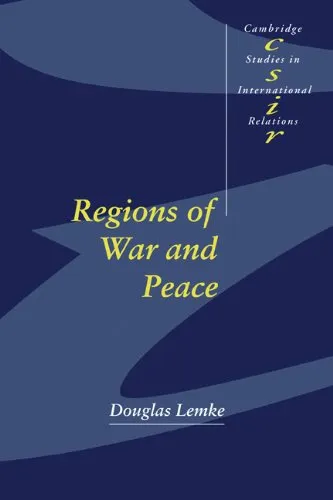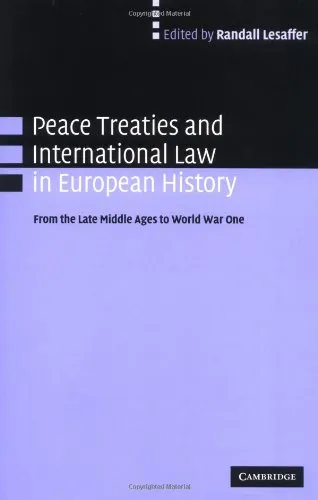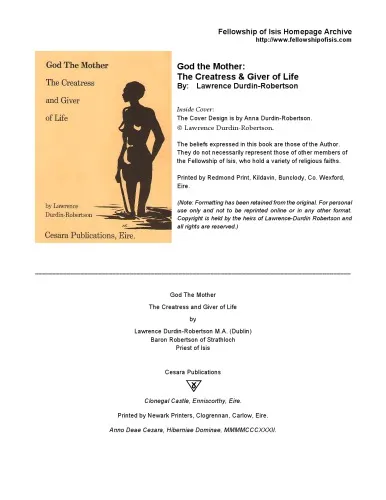Regions of War and Peace
3.6
Reviews from our users

You Can Ask your questions from this book's AI after Login
Each download or ask from book AI costs 2 points. To earn more free points, please visit the Points Guide Page and complete some valuable actions.Related Refrences:
Introduction to 'Regions of War and Peace'
Welcome to the intricate exploration of global conflict and harmony as presented in 'Regions of War and Peace'. Authored by Douglas Lemke, this book delves into the complex interplay between regional dynamics and international relations, offering readers a comprehensive understanding of why some areas of the world experience persistent peace while others endure ongoing conflicts.
Detailed Summary
In 'Regions of War and Peace', Douglas Lemke tackles the profound question of what causes war and peace to prevail in different regions of the world. Through meticulous research and analysis, Lemke challenges prevailing theories of international relations by applying a regional perspective. The book argues that existing theories often overlook the significance of regional subsystems in influencing global stability. Lemke employs a framework that examines geopolitical zones, considering historical, social, economic, and political contexts that contribute to regional pacification or turmoil.
The book is strategically organized to cover various geographical regions, including detailed case studies that highlight how regional characteristics affect conflict patterns. Lemke explores regions such as Southeast Asia, Africa, and the Middle East, revealing contrasting paradigms of war and peace. By integrating empirical data and theoretical insights, Lemke provides a nuanced explanation of how power distributions, regional hegemonies, and intra-regional relations impact both the prevalence and resolution of conflicts.
Key Takeaways
- Regional dynamics play a critical role in the outcomes of war and peace, often overshadowing global paradigms.
- Each region possesses unique historical and political contexts that significantly impact its conflict or peace status.
- Traditional international relations theories must incorporate regional subsystems to provide comprehensive explanations.
- Power asymmetries and regional hegemonies can either drive conflict or establish stability.
- Empirical case studies offer evidence that supports the framework suggested by Lemke, emphasizing the importance of regional analysis.
Famous Quotes from the Book
"Understanding the geopolitics of regions is essential for comprehending the broader patterns of international peace and conflict."
"Regions are not merely pieces of a puzzle; they are pivotal forces that shape the entire image of global order."
Why This Book Matters
'Regions of War and Peace' stands out as a crucial text for scholars, students, and anyone interested in international relations and conflict studies. By shifting the focus from global-centric theories to region-specific analyses, Lemke offers a refreshing perspective that acknowledges the diversity and complexity inherent in global politics. This book is invaluable for policymakers seeking to address regional conflicts effectively, as it outlines the profound impact of regional systems on global stability. Additionally, Lemke's work serves as a scholarly bridge to understanding the multifaceted causes of war and peace beyond traditional theoretical frameworks.
Free Direct Download
You Can Download this book after Login
Accessing books through legal platforms and public libraries not only supports the rights of authors and publishers but also contributes to the sustainability of reading culture. Before downloading, please take a moment to consider these options.
Find this book on other platforms:
WorldCat helps you find books in libraries worldwide.
See ratings, reviews, and discussions on Goodreads.
Find and buy rare or used books on AbeBooks.
1420
بازدید3.6
امتیاز0
نظر98%
رضایتReviews:
3.6
Based on 0 users review
Questions & Answers
Ask questions about this book or help others by answering
No questions yet. Be the first to ask!


















